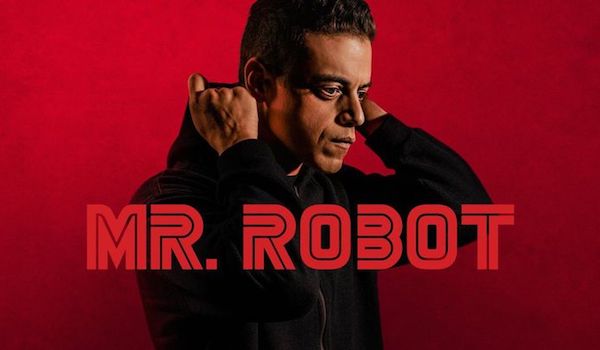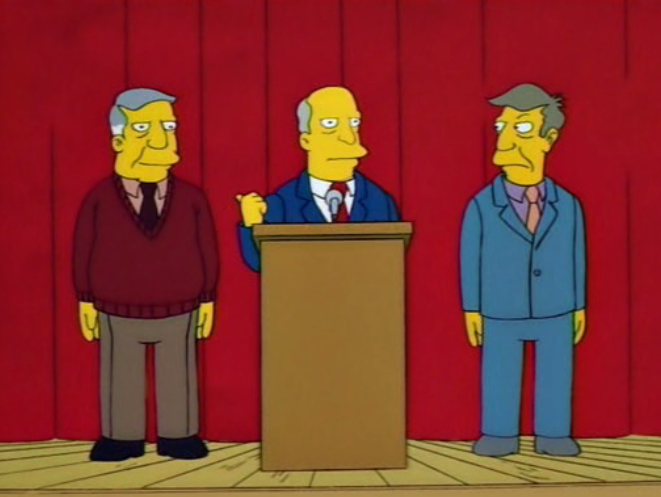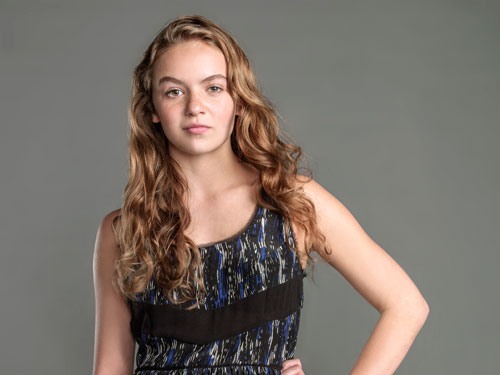This week we’re going to talk about one of my absolute pet peeves. I often see it in television writing and that is the retcon.
Retconning is basically when a piece of information is quickly introduced to conveniently stop or sidestep the logical consequences of a particular action. This isn’t the same as a plot twist – a plot twist hinges more on structure and when exactly information is revealed. A retcon is, effectively, a way a writer can conveniently stop a particular foreshadowed or forewarned event from occurring.
You may wonder: why would a writer want to do this? Well, I said before that I see this issue happen more in television writing than in films and novels and there’s a reason for this. You see, to build tension in a drama series, there could be a storyline that threatens the life of a particular character or could result in a character getting fired from a work position, resulting in them potentially no longer being in the show.
The reason you may not find such storylines in a film or novel is simple: because most of them aren’t long forms of narrative; not when compared to a long-running television series. And, to a certain extent, I get it – writing is really hard and it must be a very difficult balancing act trying, week in, week out, to come with engaging and interesting storylines that come to a satisfying conclusion. In this lies my issue with the retcon: it results in the storyline almost never building to a satisfying conclusion.
Let’s give an example to highlight what I mean. I’m currently watching The Morning Show on Apple TV. It’s not the greatest show in the world but the acting is great and the storylines can, in some instances, be engaging. It also has some soapy tendencies that I’ve learnt to enjoy.
Now, I should say there are very minor spoilers for Seasons 1 and 2 of the show here, but they are needed in order to make my point. Billy Crudup plays Cory Ellison, the CEO of UBA, the network that runs the aforementioned Morning Show. Now, at the end of Season 1, Cory, working with Bradley Jackson (Reese Witherspoon) and Alex Levy (Jennifer Aniston) enable an interview with a whistleblower.
This isn’t just any whistleblower – this is a woman called Hannah who has been sexually assaulted by the now-disgraced, former anchor Mitch Kessler (Steve Carrell). The ins and outs of this aren’t really important. However, what is are the stakes involved: you very much get the sense that, if this goes poorly, baring in mind they are biting the hand that feeds them, that the network could fire them for enabling this interview.

So, Season 2 begins and Cory Ellison is brought into a meeting with other board members to discuss his actions. In one effective, well-acted scene, he’s fired because he disobeyed the network and made them look bad by enabling this interview. This was a potentially expected outcome; one that sold the dramatic stakes of the interview and one that seemed to complete the dramatic story arc laid out from the end of the previous season.
HOWEVER, the show then flashforwards several months and, lo and behold, Ellison is suddenly back in his office as CEO. There is one mention in the episode that Bradley effectively helped Ellison get his job back by threatening to quit.
There are a few issues with this:
- Show, don’t tell – The show breaks one key writing rule which is show, don’t tell. It’s a lot more effective to see something as opposed to simply being told something. If we’d seen Bradley defend Cory in the first place, and threaten to quit, it would’ve been much more of a compelling development.
- The lack of details – I’m halfway through Season 2 currently and there really hasn’t been many details provided as to the meeting Bradley had with the board members. Now, of course, you could just say, “well, Max, what is there to tell? She threatened to quit and they caved.” You’d be correct but the writers have made it feel so throwaway that it’s almost like they don’t want us to think about it too much.
- Undermining dramatic tension – Here’s my main issue with it – if you have a storyline that threatens or builds towards certain fallout or consequences, by not following through with it, it undermines the storyline as a whole. The Hannah interview storyline was built up through Season 1 and, literally as Season 2 is starting, any ramifications of it seem to be swept under the carpet. It turns from a great storyline to one that doesn’t fully stick the landing.
Now, there are, of course, worse things than retconning and I understand that the writers clearly didn’t want Crudup to leave the show (they shouldn’t want that, he’s great in the role.) The problem, however, is that by building a dramatic storyline, the viewer expects some ramifications from it. In having Cory already have his place back at UBA, it begs the question of why those particular stakes were raised in the first place.
The writers could have simply not included the firing scene at the beginning of the episode. Why include it if you’re just going to go against it in ten minutes’ time? The answer is simple – it’s because they knew, logically, that Cory would have to fall on his sword but didn’t want to deal with actual consequences of that. They wanted to have their cake and eat it too.
Such writing techniques as the retcon can undermine your storylines and characters, leading to your writing losing some of its dramatic weight. My advice would be to not use such a device whenever you can. You don’t want to sell your reader or audience short. Always remember: like life, in writing, actions have consequences and you need to fully commit to them if you want to create a compelling world that people will want to come back to.









